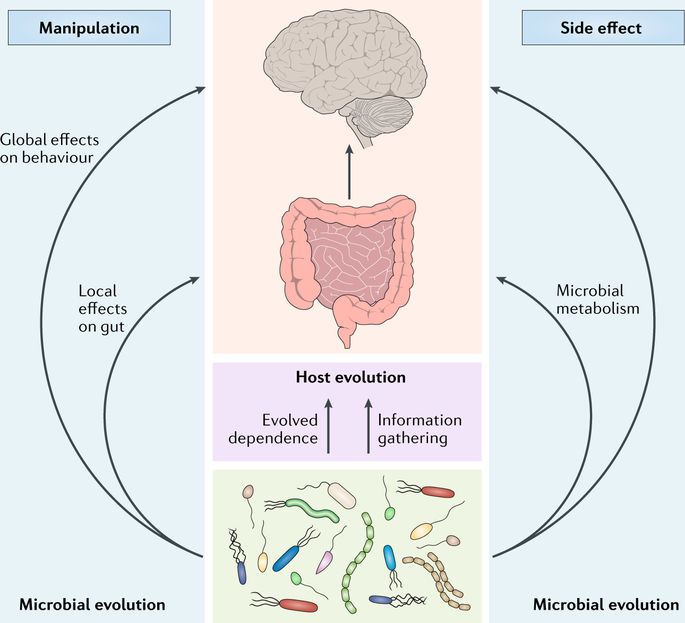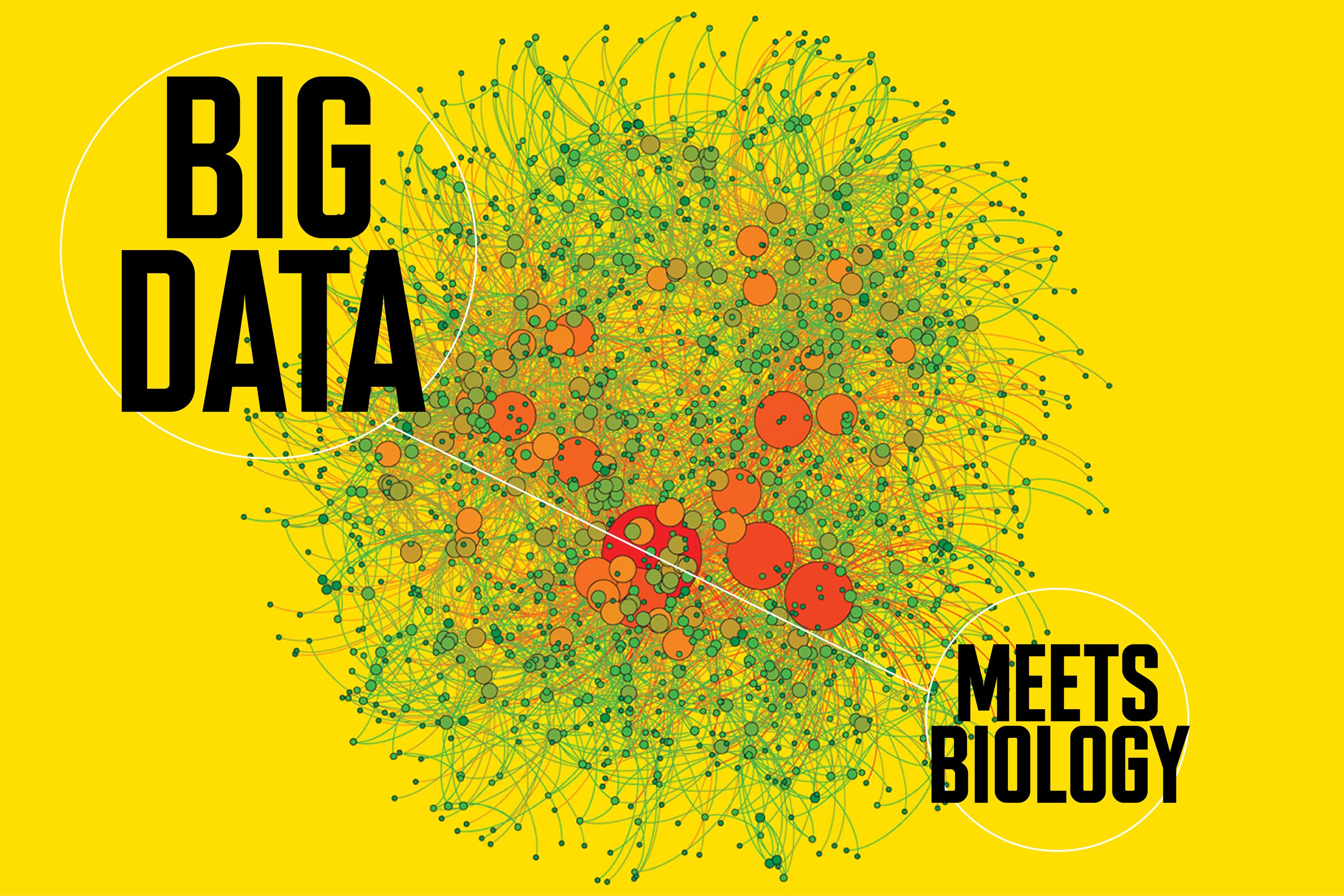A mission like no other.
NASA successfully launched its InSight lander Saturday, setting off its mission to Mars.
The InSight lander – short for Interior Exploration using Seismic Investigations, Geodesy and Heat Transport – is set to arrive on Mars in November 2018. It was launched attached to the Atlas V rocket from the Space Launch Complex 3 at Vandenberg Air Force Base in California before it later detached to make its way over to the Red Planet.
The successful launch also marks NASA’s first interplanetary mission to take off from the West Coast, according to the Associated Press. InSight will explore more of Mars than has ever been studied before. InSight will dig close to 16 feet into the surface of Mars to study the planet’s temperature. It will also take the first measurements of marsquakes. The Atlas V rocket also brought on two mini satellites that will follow the InSight on its mission.








